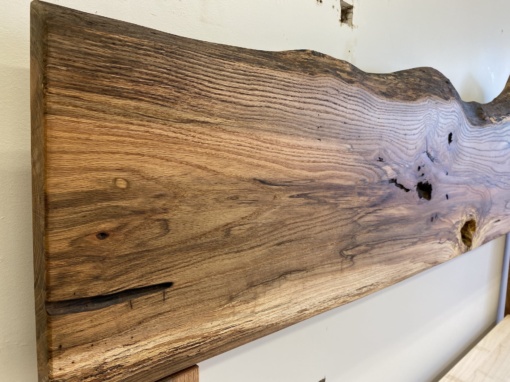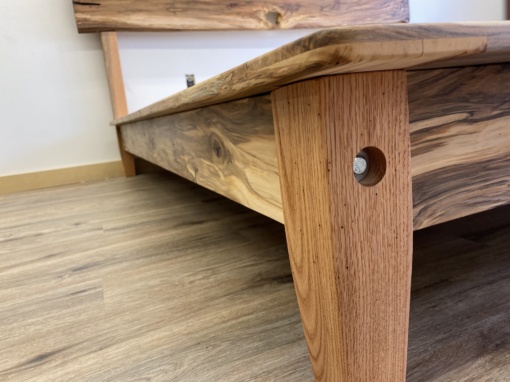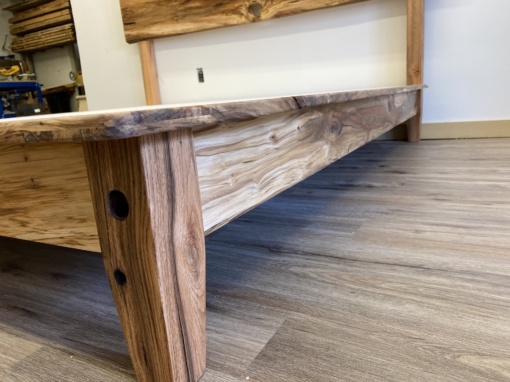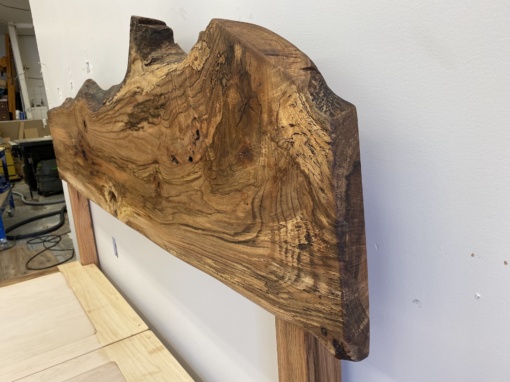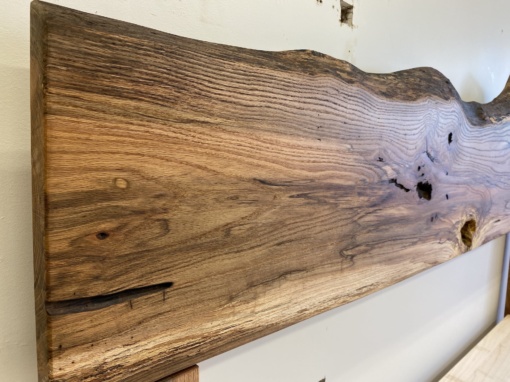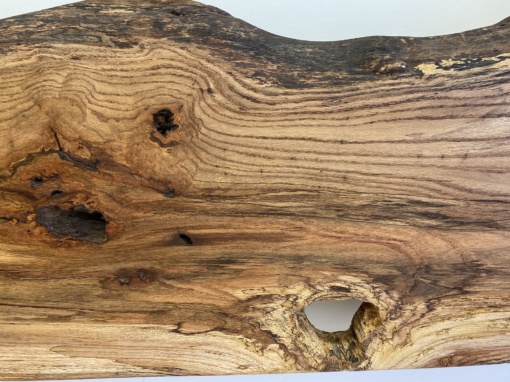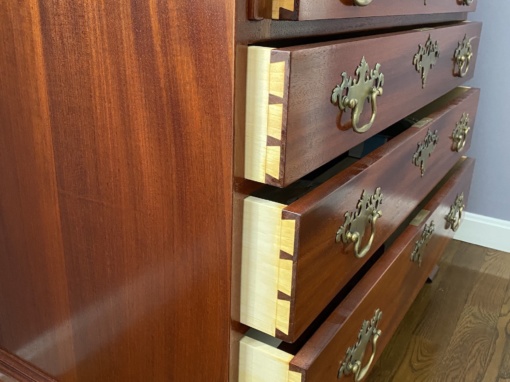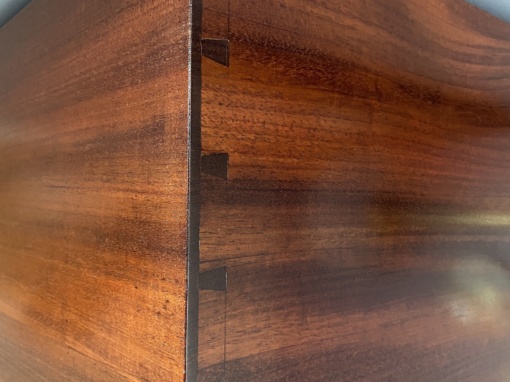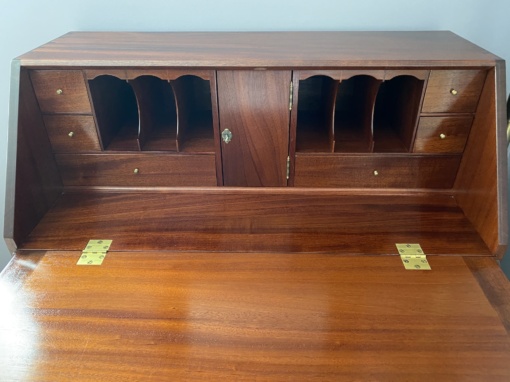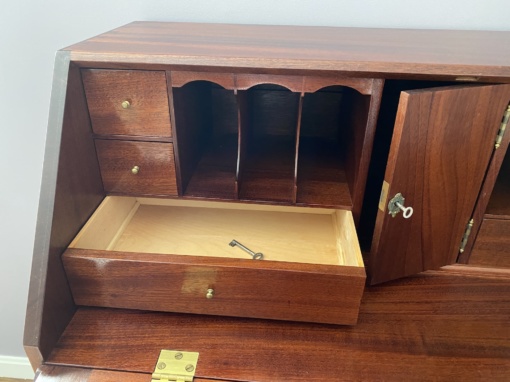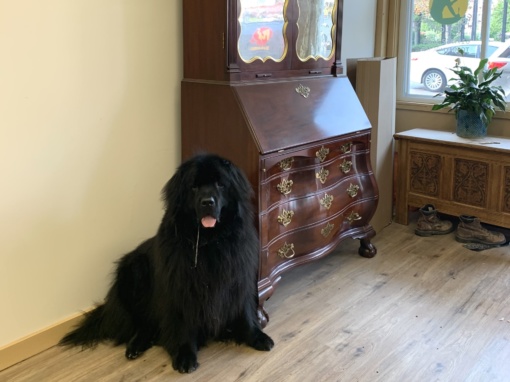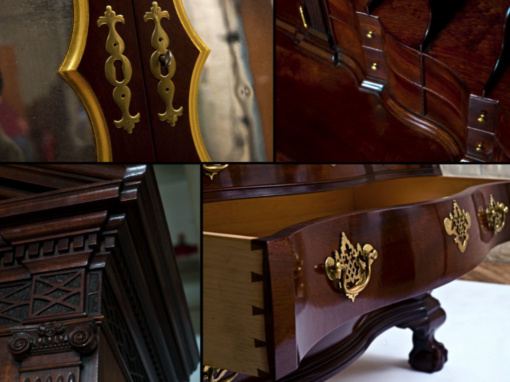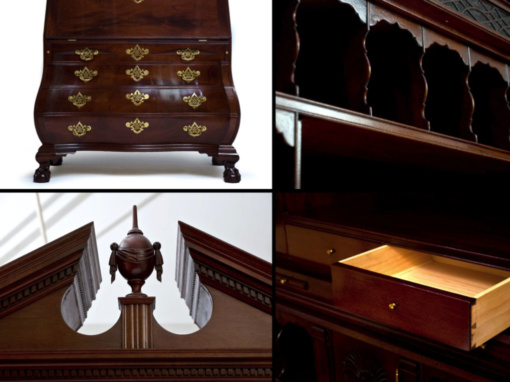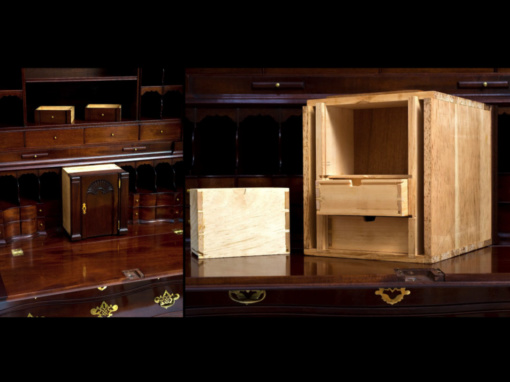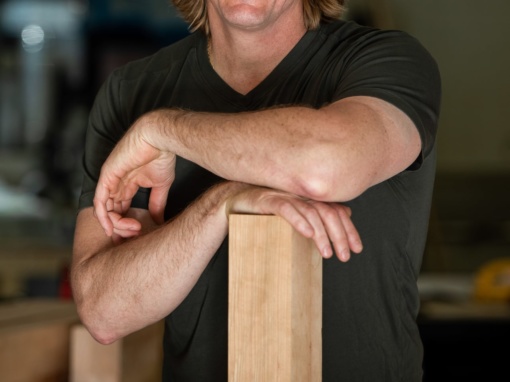 |
Carbon Monoxide Detectors are widely available in stores and you may want to consider buying one as a back-up—BUT NOT AS A REPLACEMENT for proper use and maintenance of your fuel-burning appliances. However, it is important for you to know that the technology of CO detectors is still developing, that there are several types on the market, and that they are not generally considered to be as reliable as the smoke detectors found in homes today. Some CO detectors have been laboratory-tested, and their performance varied. Some performed well, others failed to alarm even at very high CO levels, and still others alarmed even at very low levels that don’t pose any immediate health risk. And unlike a smoke detector, where you can easily confirm the cause of the alarm, CO is invisible and odorless, so it’s harder to tell if an alarm is false or a real emergency.
So What’s a Consumer to Do?
First, don’t let buying a CO detector lull you into a false sense of security. Preventing CO from becoming a problem in your home is better than relying on an alarm. Follow the checklist of DOs and DON’Ts.
Second, if you shop for a CO detector, do some research on features and don’t select solely on the basis of cost. Non-governmental organizations such as Consumers Union (publisher of Consumer Reports), the American Gas Association, and Underwriters Laboratories (UL) can help you make an informed decision. Look for UL certification on any detector you purchase.
Carefully follow manufacturers’ instructions for its placement, use, and maintenance.
If the CO detector alarm goes off:
- Make sure it is your CO detector and not your smoke detector.
- Check to see if any member of the household is experiencing symptoms of poisoning.
- If they are, get them out of the house immediately and seek medical attention. Tell the doctor that you suspect CO poisoning.
- If no one is feeling symptoms, ventilate the home with fresh air, turn off all potential sources of CO—your oil or gas furnace, gas water heater, gas range and oven, gas dryer, gas or kerosene space heater and any vehicle or small engine.
- Have a qualified technician inspect your fuel-burning appliances and chimneys to make sure they are operating correctly and that there is nothing blocking the fumes from being vented out of the house.


